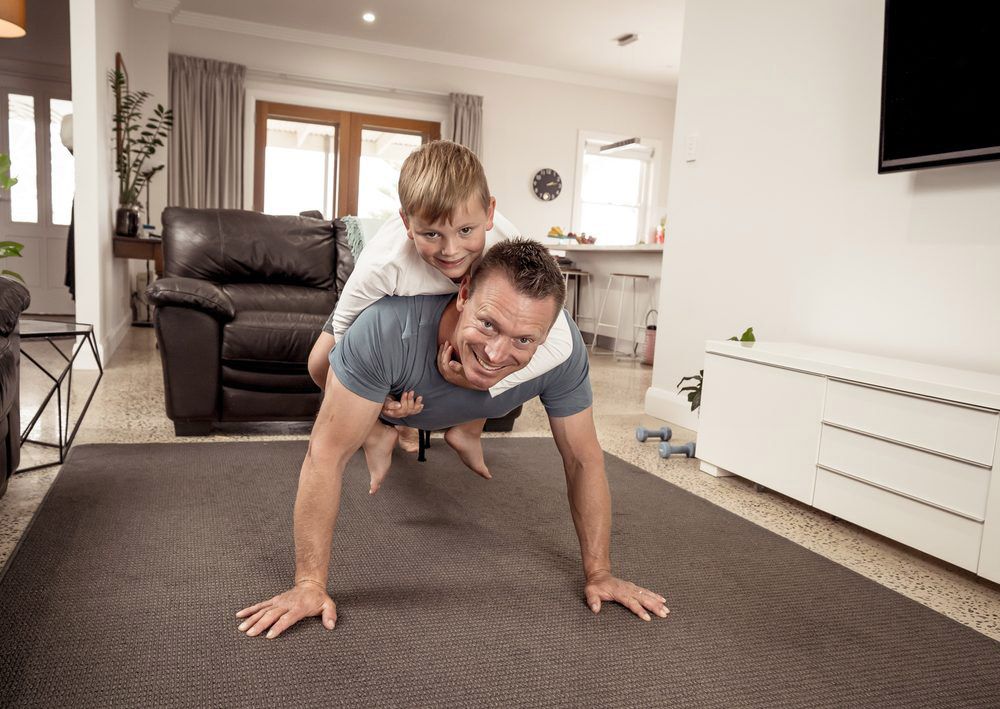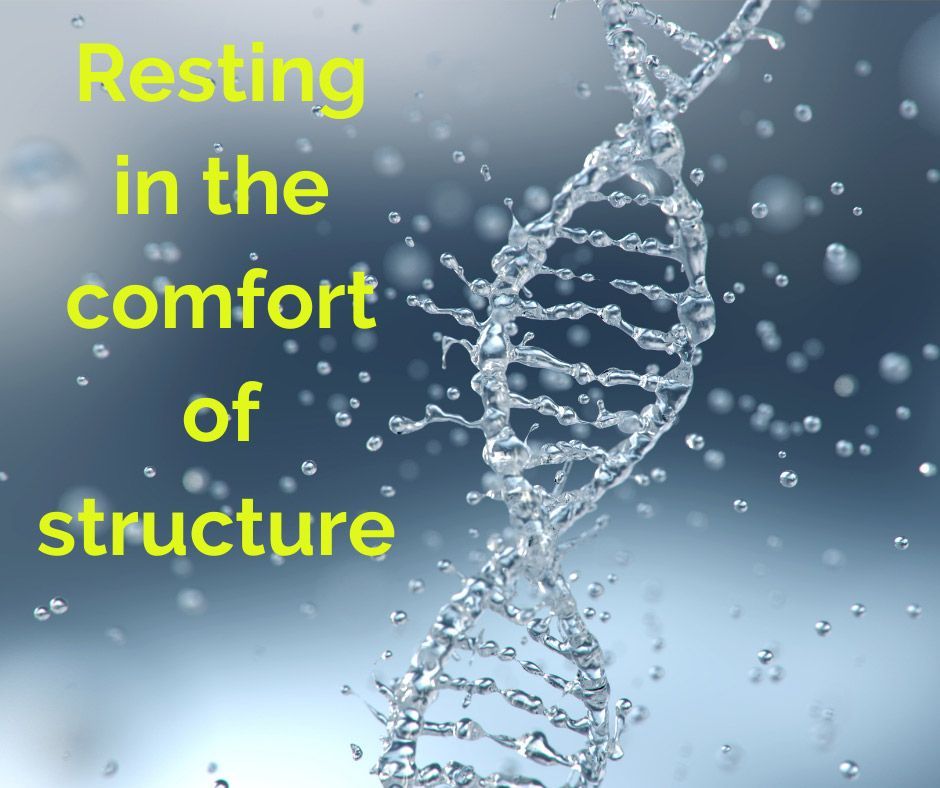Everyone feels stress or worry from time and time. This level of worry will come and go and tends to by limited in its impact on our overall quality of life. Anxiety however doesn’t follow this pattern, and often permeates our thought lives, and can interfere significantly with our day to day choices and behaviours.
So, What is Anxiety?
Anxiety is actually fairly common (it is one of the leading mental health conditions in Australia) and it presents in many ways including social anxiety, phobias, generalised anxiety and panic disorder. It is also experienced in conditions such as obsessive compulsive disorder and post-traumatic stress disorder. Anxiety is multi factorial in its origins and each person’s unique story will hold information about the origins and maintaining factors of their anxiety experience.
The way we respond to anxiety is important because unhelpful management responses can actually serve to worsen the condition. Some unhelpful responses include choosing to always remain in what we call “ the safe zone”. Here, we choose to live in a way that helps us to avoid any anxiety triggers, the problem being that this does not actually address the anxiety itself and avoidance can spread to the point that we avoid people, avoid places, avoid risk, avoid disappointment, avoid intimacy, the list goes on. In addition, whilst we may feel safe, this often comes at the cost of also feeling isolated, unseen and alone. Other unproductive ways of coping with anxiety may include self-medicating with things like food, television, social media, shopping etc, or numbing our sensations and fears with substances such as alcohol or drugs. Anxiety left untreated or managed with unhelpful interventions such as these will tend to remain exactly as it is or even worse, grow.
How can psychology help?
Professionals who are trained in the treatment and management of anxiety can help by firstly doing an “anxiety map”. This includes mapping out the likely origins, underlying thought patterns, and exacerbating and maintaining factors in a person’s unique experience of anxiety. From there, clinician and client can together start to make small, ongoing, steady changes by using evidence based tools to move away from the disruptive impact of anxiety. These changes may initially be challenging and this is where working with a supportive and caring professional can go a long way towards attaining the freedom from anxiety that they deserve!




















